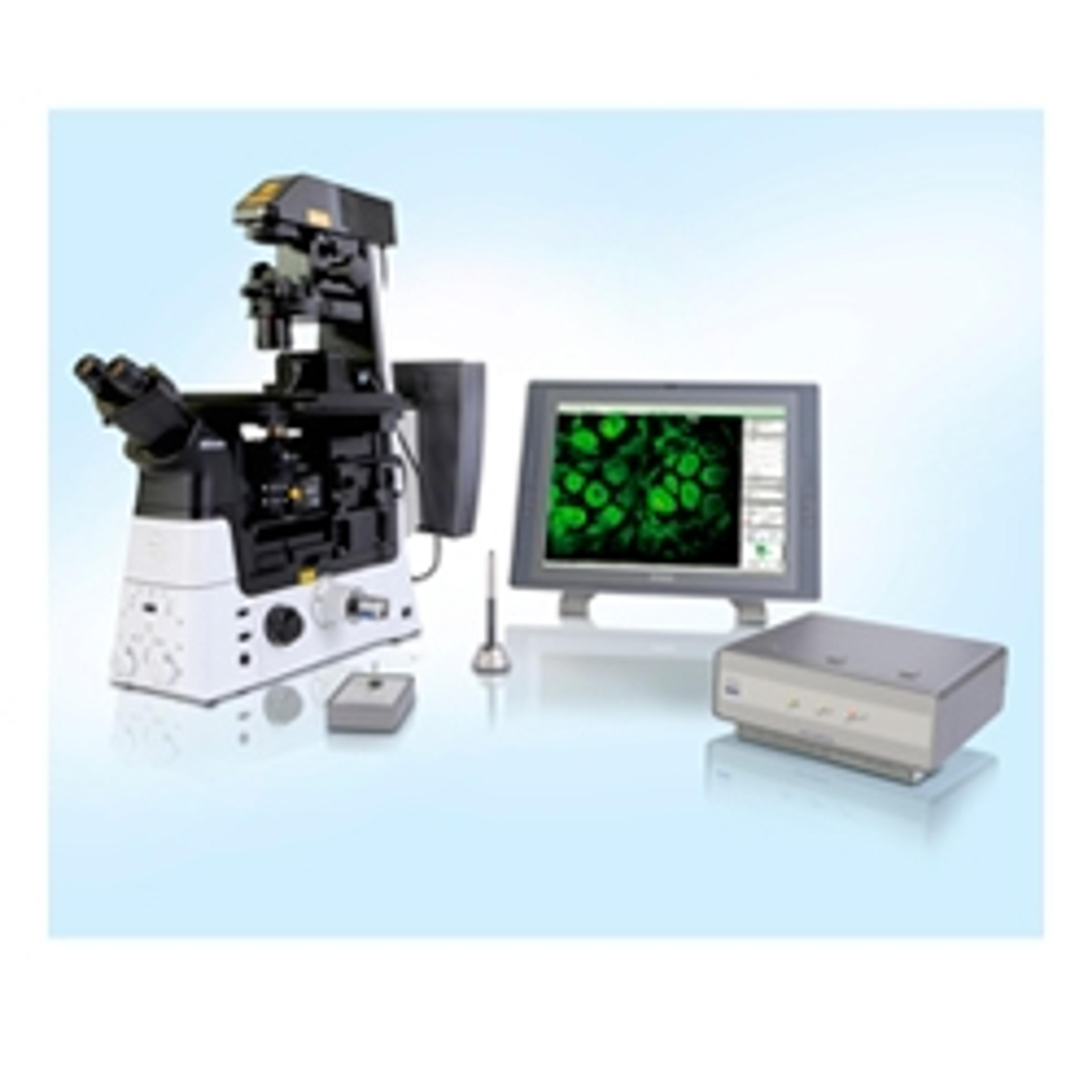Heroes or Villains? Immune Cells in Metastasis
23 Mar 2018
Our immune system typically attacks foreign microbes and prevents infection by pathogens such as bacteria, viruses or endoparasites. Just in spring time we also observe malfunction of our immune system towards pollen leading to allergic effects.
These mechanisms are well studied. But have you ever thought about the immune system's role in cancer and development of metastases?
The concept of "cancer-immuno-editing" suggests a very complex interaction of the immune system and cancer cells. The immune system exerts a constant selective pressure on the tumor cells which consequently undergo an evolutionary process to develop resistance mechanisms. Especially within the primary tumor, cancer cells can effectively silence the antitumor immune response by orchestrating a complex interplay of immuno-suppressive factors. However, to form metastases at distant sites, single tumor cells have to disseminate and leave their safe and secure home.
But what happens, if tumor cells leave the primary tumor and its immuno-suppressive microenvironment?
To be able to evade the active immunosurveillance mechanisms in peripheral blood and noncancer tissues, circulating tumor cells (CTCs) have to express a clever immune-escape phenotype. Since, among other reasons, peripheral immune cells far outnumber CTCs, the survival of tumor cells after dissemination might be the "Achilles’ heel" of metastatic progression.
This review provides a comprehensive overview on the interplay of tumor cells with the immune system and how immune cells can be both, heroes and villains in the metastatic process.


